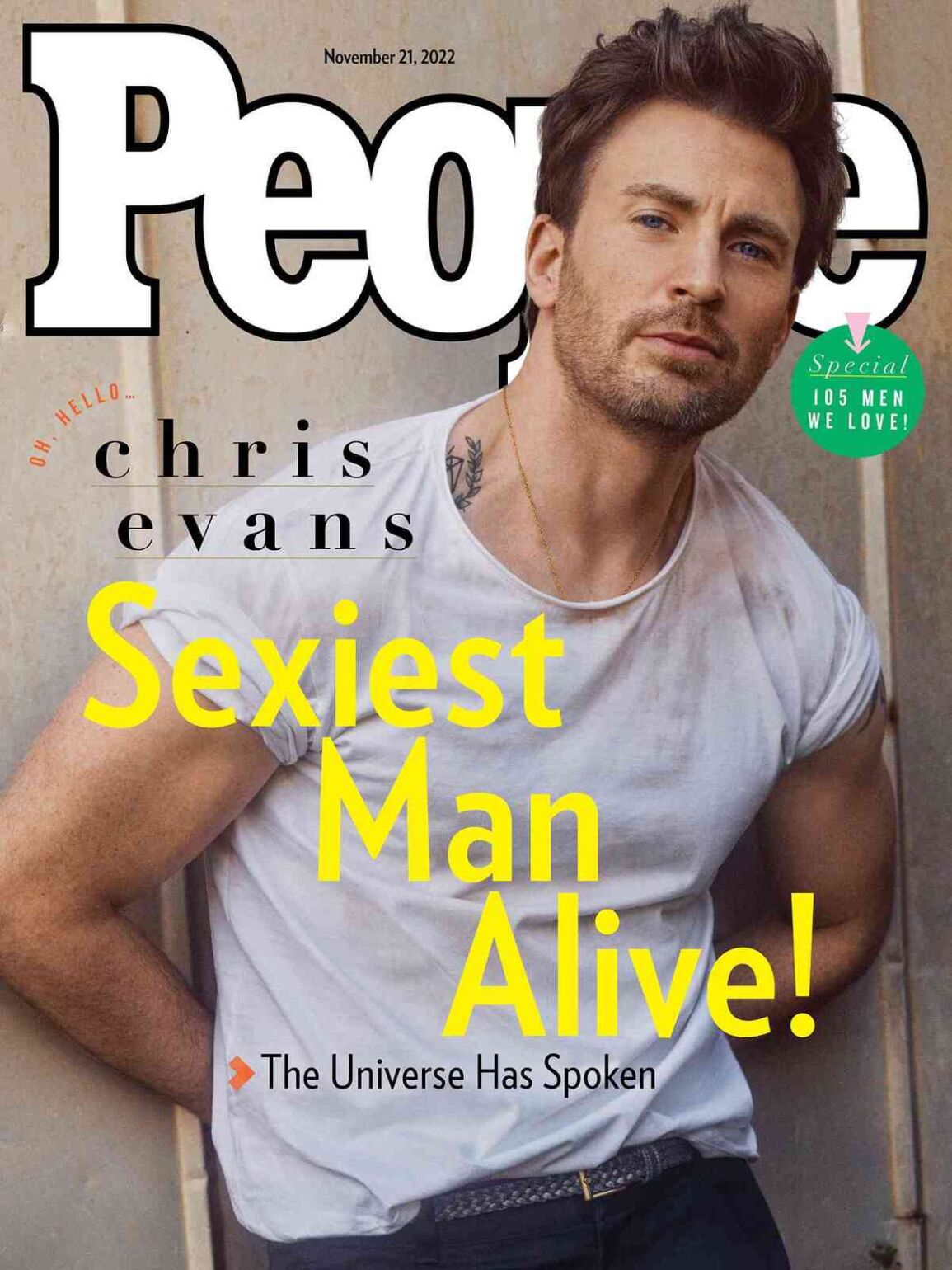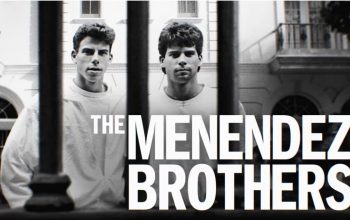Photo Credit: Micheal Shwartz
Rethinking the “Sexiest Man Alive” Award in a more inclusive world
Ethan Chan, Senior Staff Writer
I am not someone whom the world considers sexy. I am, in fact, quite the opposite. At 20 years old, I am a Chinese-Canadian standing at a mere five feet and four inches with a skinny build, a high-pitched voice, and very little facial hair. However, I am funny, intelligent, hardworking, determined, kind, honest, and loyal. I may be someone’s type. However, to the general population, which typically views a “sexy” man as tall, muscular, and handsome, I am not sexy. Considering this, I delve into an analysis of how one can attain the title of “Sexiest Man Alive,” why this concept is out of touch, and how it can evolve to align with the values of a modern, inclusive world.
According to Dan Wakeford, the editor-in-chief of People Magazine, to win the Sexiest Man Alive Award, you simply must be alive and identify as a male. If that’s true, why are 33 of the 37 Sexiest Men Alive white? None of the 37 Sexiest Men Alive have ever been of Asian descent. This troubling pattern highlights a clear racial bias within the award. In fact, Psychology Today found that Hollywood produces more on-screen “beast” characters than Asian-American leading men, demonstrating how society would rather see a Hollywood beast than a Hollywood Asian man. In my opinion, there are many sexy Asian men, exemplified by individuals like Simu Liu, Henry Golding, or Steven Yuen.
Although People Magazine is trying to be more inclusive in its coverage, 2017’s cover man, Blake Shelton, was very controversial. Allure Magazine reported that Shelton had praised Donald Trump for his ability to “say what he thinks” in 2016 without acknowledging Trump’s many xenophobic, homophobic, and racist remarks. Although Shelton did go on to apologize for his comments, the lasting effect on People Magazine was less than favourable. Ultimately, a magazine that claims they are becoming more inclusive but simultaneously features individuals who openly support a discriminatory president appears hypocritical and counterintuitive to its core values.
Moving beyond racial biases, the Sexiest Man Alive Award also pushes unrealistic body standards onto men. Nearly all past winners, including Chris Evans, Chris Hemsworth, and Michael B. Jordan, conforms to society’s notion of a perfect body — six feet tall, with six-pack abs, and broad shoulders. However, believing in these rigid ideals of masculinity has been linked to increased rates of depression among men, according to CNN. Since People Magazine has pushed these ideals to millions of readers for decades, these standards have become deeply entrenched in our culture, making it even more challenging for us average-looking men to catch a break.
In today’s world, sexiness is subjective. Ask any young woman or man what makes a guy attractive, and you will likely hear responses similar to what Men’s Health Magazine has found: being funny, having good hygiene, maintaining a healthy diet, exuding confidence, and being honest. If these findings are accurate, why does the Sexiest Man Alive Award consistently go to a pretty, white, rich male actor? For these reasons, I believe that the Sexiest Man Alive Award is more primitive than progressive. If People Magazine truly wants to make the award more inclusive, they would reveal the criteria for what classifies as sexy and allow their readers to participate in selecting the Sexiest Man Alive. This way, we can gauge society’s evolving definition of sexiness and work towards developing a more inclusionary definition of the term.




